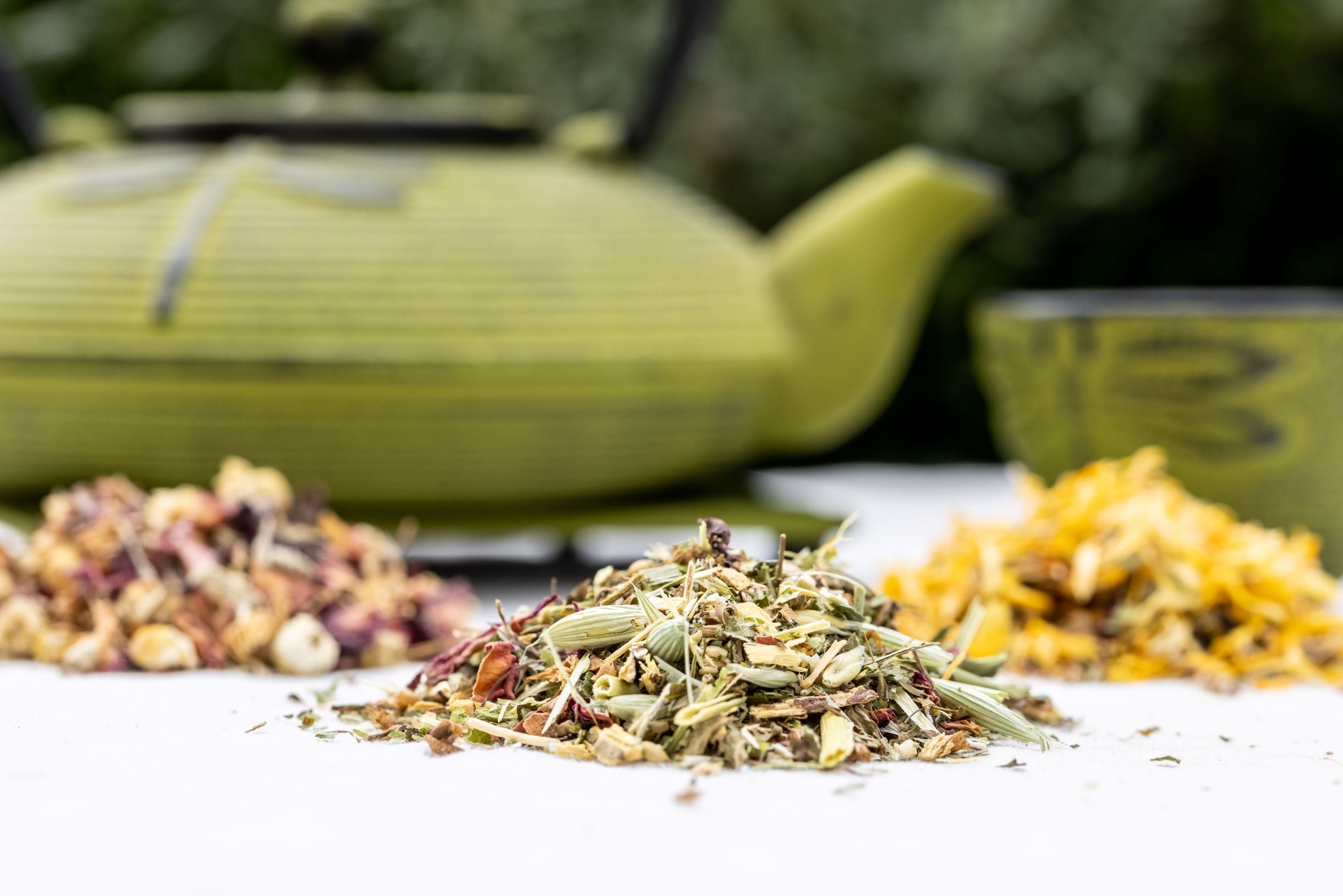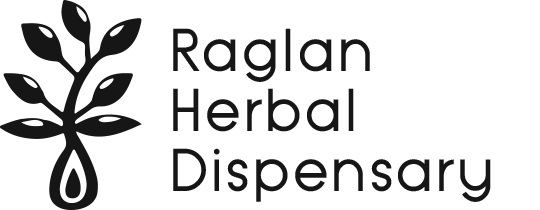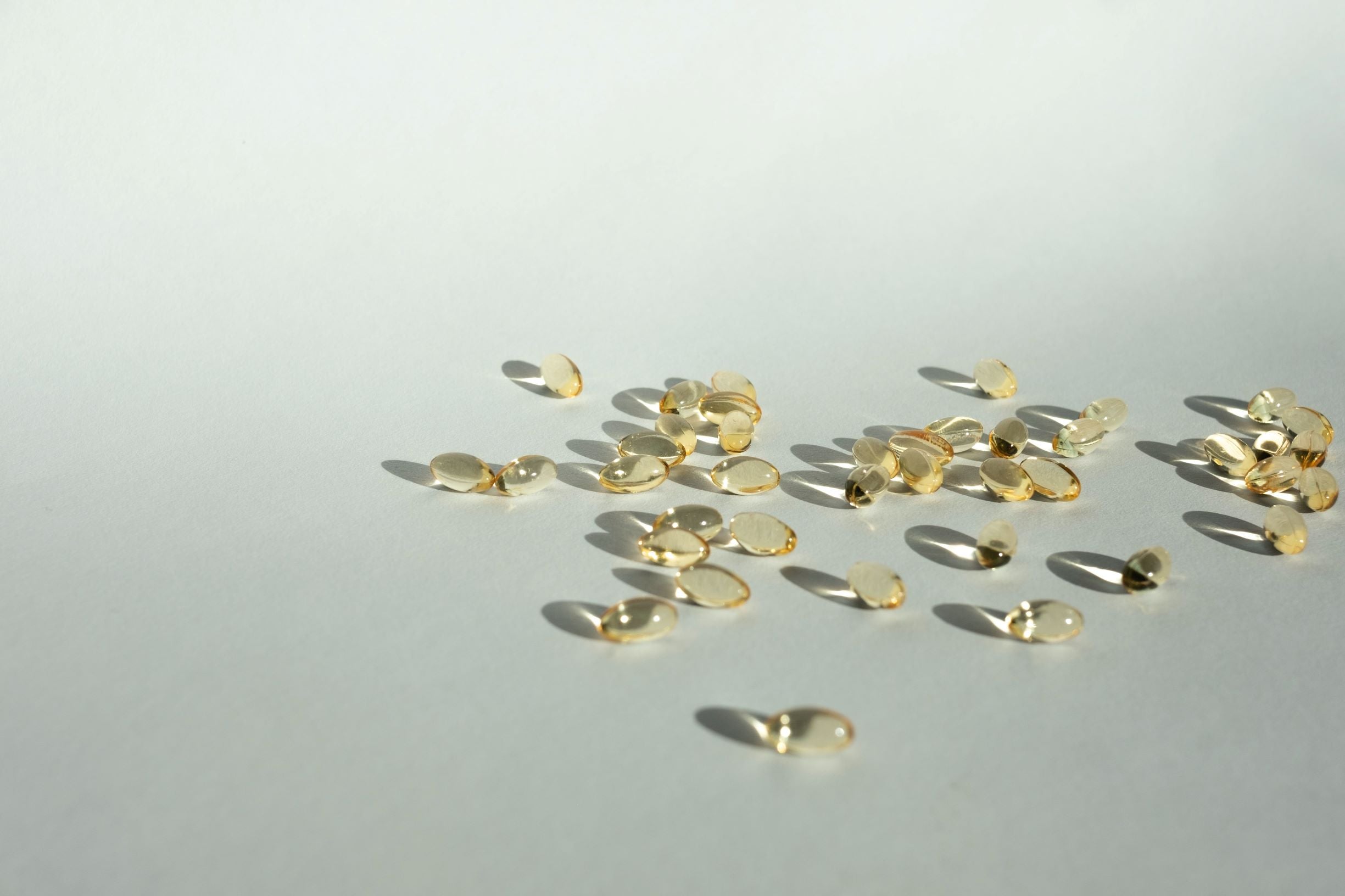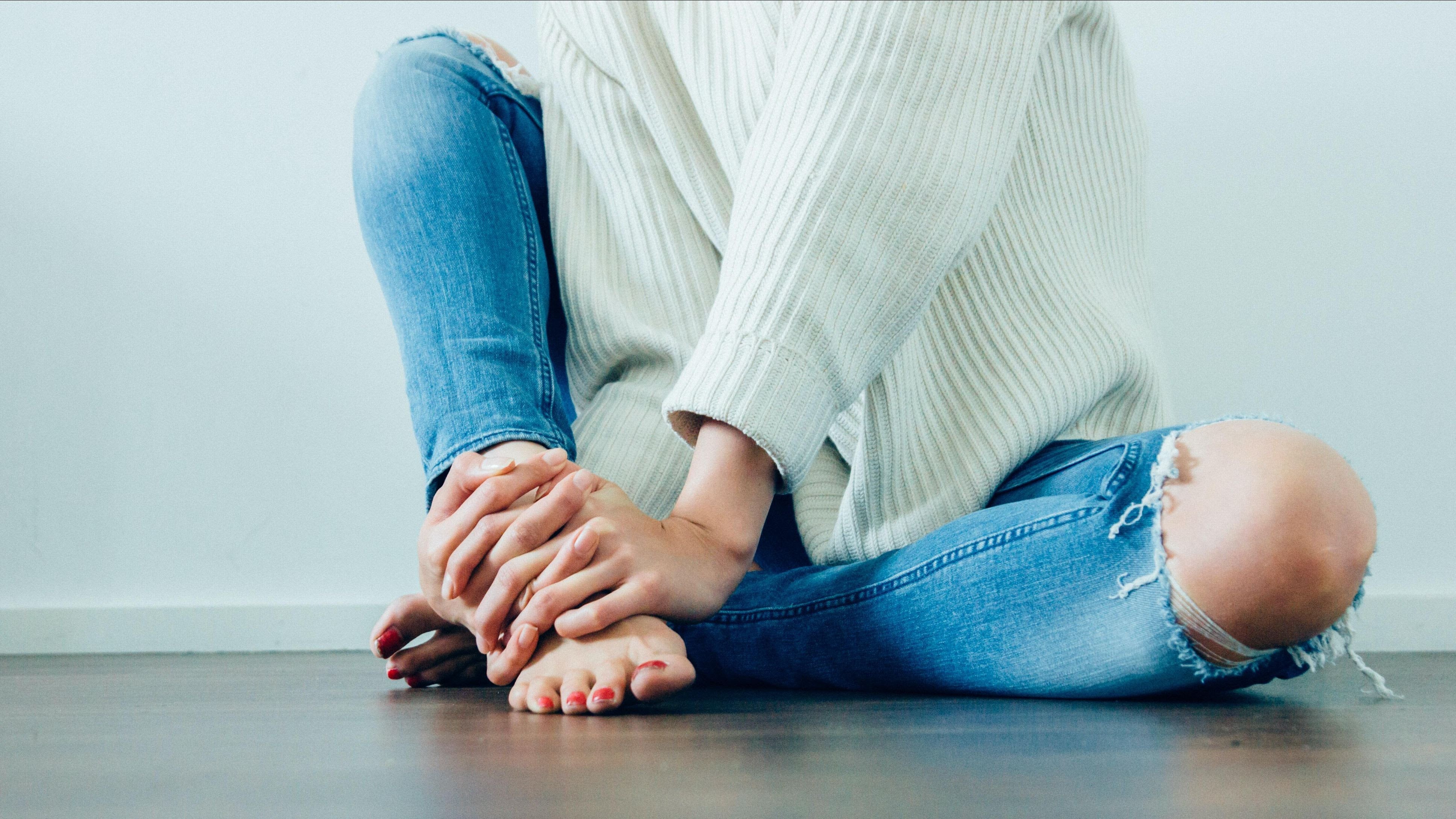
Teas, Infusions, and Decoctions... What's the Difference?
The beauty of loose-leaf teas and herbs in their whole form is that there is a range of options available to extract their goodness other than just popping a teabag in a mug to brew! The main methods we suggest for extracting the medicinal benefits from your dried herbs are teas, infusions, and decoctions. The method you choose will depend on the desired benefit and the part of the herb used. A quick summary is that the denser the herb (e.g. roots, bark, or seeds) the more brew-time and heat they need, as opposed to light, leafy herb parts (e.g. leaves or flowers) such as chamomile.
For more information on choosing your brew method, keep reading!
Herbal Teas
A herbal tea is a simple, easy way to include more herbs in your diet. Especially when brewed as below, they can become a wonderful ritual offering many health benefits. They are typically very safe, cheap, and as they use only herbs and water they are ideal for those wishing to avoid alcohol or for children (herb dependant).
You can find herbal teas in teabag and loose-leaf forms. When making a medicinal herbal tea, loose-leaf is superior, as they often have undergone next to no processing and you can use greater quantities than a teabag provides. Saying that, if you only have access to teabags, seek non-bleached or natural ones, and feel free to use 2 or more per cup.
Although most people think of green, black, white, or oolong tea (all containing caffeine and made from one plant species), many more medicinal plants can be used for making a tasty (caffeine-free) herbal tea! Herbs that are best suited for teas are those that are delicate and leafy, with medicinal properties that are easily extracted, such as chamomile, peppermint, lemon balm, lemon verbena, damiana, elderflower, ginkgo, hibiscus, lavender, passionflower, rooibos, St John’s wort, and tulsi (to name but a few!). We have many loose-leaf herbal tea blends available too at The Herbal Dispensary, with carefully chosen ingredients to support particular therapeutic aims, for instance, our Pregnancy Tea, Divine Feminine Tea, Alert Mind Tea, and Male Spirit Tea.
What you need:
- Freshly boiled water
- A mug or teapot, and lid or saucer
- Fresh or dried herb/s
- A strainer or tea infuser (if using loose-leaf)
Instructions:
- The typical rule is 1 tsp of dried herb per cup. If using fresh herbs, you may wish to double or triple this amount, and if using denser herbs such as seeds, you may need less. Add your herbs into your infuser or tea strainer. If using fresh herbs, as they are bulkier, you can often add them directly to your cup.
- Let your boiling water sit for a minute or two, then pour over the herbs.
- Cover with a lid, and let your tea steep for 5-15 minutes. Some teas such as green tea need only a few minutes, but typically, the longer you let it steep the more medicinal it will be.
- Sweeten with honey or a small amount of brown sugar if desired. Drink hot or cold, for most teas 2-3 cups per day.
Try to make this a ritual, a moment of presence in your day. Try to let go of the responsibilities of the day and focus on the process of preparing and enjoying your cup of tea. Sipping a cup of tea allows us to pause for a moment, and let the stillness and herbs nourish our body, mind, and spirit. Take note of any feelings in the body, whether it be warmth, calmness, or mental clarity. Enjoy!
Herbal Infusions
A herbal infusion is a concentrated method of brewing
dried or fresh herbs in water. Compared to a normal tea, herbal infusions use much more herb and are brewed for anywhere from 4 hours to overnight, in a large jar or teapot, covered with a lid. They are a wonderful way to increase the vitamin and mineral content of your diet and obtain therapeutic doses of medicinal herbs.
Compared to a tea, a herbal infusion typically extracts much more of the medicinal or nutritional properties of the herb. You end up with a larger volume of liquid, too, making it easy to consume regularly throughout the day. They are cheap and easy to make, and use only herbs and water, so are ideal for those wishing to avoid alcohol or for children (herb dependant).
Herbs traditionally used to make infusions are those that are safe, nourishing and/or nutrient-rich, and leafy, for example, nettle, oat straw, red clover, calendula, dandelion, lemon balm, raspberry leaf, chamomile, and plantain. Our NZ natives kawakawa and manuka or kanuka also make a wonderful infusion. The benefits of these are that side effects are rare, and they can be taken long-term in larger quantities. However, you can extract most herbs as an infusion, so long as you are aware of their safety profile. Blends of herbs can also be used, such as normal ‘herbal teas’. For example, most of our therapeutic tea blends such as our Clear Skin, Happy Liver, or Divine Feminine teas would be great brewed as an infusion.
What you need:
- Freshly boiled water (approx. 1L) and a splash of cold water
- A large jar, teapot, jug, or safe brewing vessel. Avoid using anything plastic.
- Fresh or dried herb/s
Instructions:
- Add anywhere from a few tablespoons to ½ cup of dried herb/s (or a few handfuls of fresh herbs) into your brewing vessel. You may wish to start with a smaller amount and increase over time as you get used to the taste. You will also need less of denser herbs such as roots as you would lighter, leafier herbs such as nettle. For flavouring, experiment with adding a few tsp of liquorice root or peppermint.
- Add enough cold water to just cover the herbs. This will protect them from the boiling water, and protect glass jars from shattering.
- Fill to the top with boiling water, and stir herbs to ensure all are covered in water.
- Cover with a lid (not too tight) and let sit for 4 hours – overnight.
- Strain out the herbs, and bottle the liquid. This will keep in the fridge for 3-4 days.
To consume, drink 1-4 cups per day. You can drink your infusion cold, or mix 50:50 with boiling water to have as a warm drink. You can sweeten with honey, or even add a pinch of salt. Some infusions pair nicely with sparkling water or milk/plant-based milk too. If you have leftover old infusions, many of them can be used as a hair rinse in the shower, or used to water houseplants!
Herbal Decoctions
A herbal decoction is a method of extracting herbs in water, by simmering them over the stove for a period of time. Compared to a tea or infusion, this method of extraction is a little more intensive, suitable to extract medicinal parts out of harder, woodier herbs and herb parts.
Preparing herbs in this way ensures that you are getting more of the goodness out of your denser herbs. You end up with a larger volume of liquid, too, making it easy to consume regularly throughout the day. This means you are more likely to experience therapeutic benefits. Decoctions are also cheap and easy to make and use only herbs and water, so are ideal for those wishing to avoid alcohol or for children (herb dependant).
Herbs traditionally used to make decoctions are those that are denser, harder, or woodier, for example, roots, bark, seeds, berries, and mushrooms. Examples include astragalus, ashwagandha, cinnamon, cardamom, cramp bark, elderberry, black cohosh, fennel, burdock, dandelion root, echinacea root, milk thistle, Siberian ginseng, hawthorn, ginger, rosehips, vitex, licorice, schisandra, wild yam, turmeric, and mushrooms such as chaga, cordyceps, maitake, reishi, and shiitake.
In some traditional cultures, many medicines are prepared in this way e.g. in Rongoa, kūmerahou and kohekohe decoctions are common, and many traditional Chinese medicines are prepared as decoctions. It is worth noting that some herbs (e.g. ashwagandha, shatavari, and turmeric) traditionally prepared as a decoction will include milk or another fat, as some properties are fat-soluble. Therefore, it is beneficial to learn a little about your herb before decocting!
What you need:
- Approx. 1-1.5L cold water (some will evaporate)
- A saucepan (with a lid) and stove
- Fresh or dried herb/s
- A large jar or bottle to store the decoction
Instructions:
- Add anywhere from a few tablespoons to ½ cup of dried herb/s into your saucepan. You may wish to start with a smaller amount and increase over time as you get used to the taste, and depending on the herb used. For extra sweetness, you can also experiment with adding a few tsp of liquorice root. Note: you may also wish to grind herbs in a pestle and mortar to increase surface area and therefore extraction.
- Add 1-1.5L of cold water and cover the saucepan with a lid. Bring to the boil, then turn down to simmer for 15-40 minutes (depending on the herb and desired strength).
- Remove from heat and let cool to drinking temperature (keep lid on). Strain out the herbs, and bottle the liquid. This will keep in the fridge for 3-4 days.
To consume, drink 1-4 cups per day. You can drink your decoction cold, or mix 50:50 with boiling water to have as a warm drink. You can sweeten with honey, or even add a pinch of salt. Some decoctions pair nicely with sparkling water or milk/plant-based milk too!



